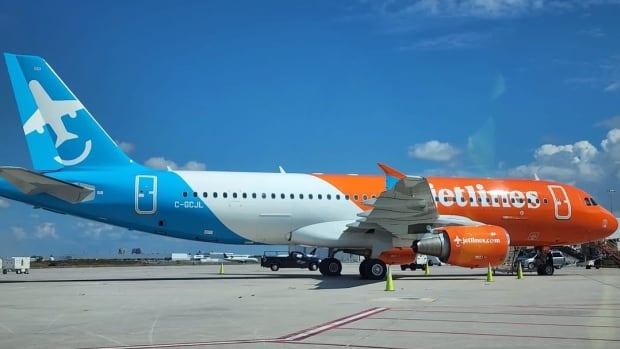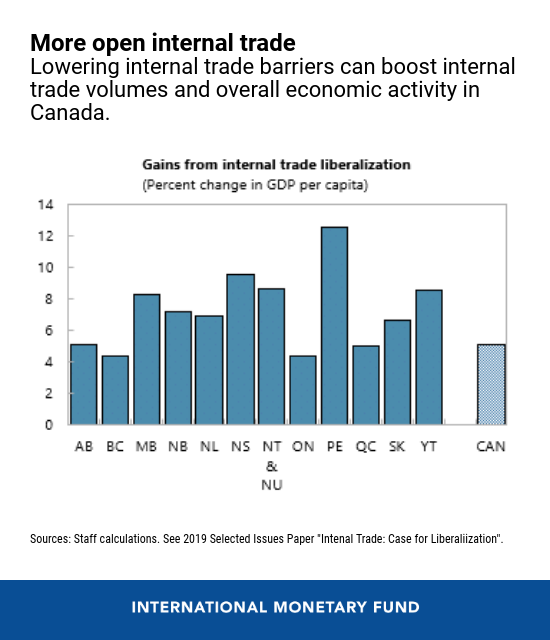Startup Airline's Controversial Choice: Utilizing Deportation Flights For Profit

Table of Contents
The Business Model: Empty Leg Flights and Profit Maximization
In the aviation industry, "empty leg" flights refer to flights where an aircraft travels without passengers, often returning to its origin point after dropping off passengers at a destination. These flights represent a significant operational cost without generating revenue. This startup airline intends to fill these empty legs, frequently used for government-contracted deportation operations, with deported individuals, transforming what would otherwise be a loss into a profit-generating venture.
The potential for cost savings and profit generation through this strategy is significant.
- Lower operational costs: By utilizing existing flights scheduled for deportations, the airline reduces fuel consumption and other operational expenses compared to fully occupied commercial flights. This directly translates into lower operating costs per passenger transported.
- Increased revenue streams: The airline can secure lucrative contracts with government agencies responsible for deportation operations. These contracts represent a significant and potentially stable source of revenue.
- Higher profit margins: The fixed costs associated with the flight are spread across the deported individuals, resulting in higher profit margins compared to standard commercial flights. This is a key driver of the airline's business model.
Ethical Concerns and Public Backlash
The airline's decision to profit from deportation flights has understandably generated immense ethical concerns and a strong public backlash. Critics argue that profiting from the deportation of vulnerable individuals is morally reprehensible.
- Exploitation of vulnerable populations: The airline is accused of exploiting a vulnerable population for profit, capitalizing on a process that often involves individuals facing hardship and displacement.
- Negative public perception and potential boycotts: The negative publicity surrounding this business model has resulted in widespread public condemnation and calls for boycotts. This could significantly impact the airline's long-term viability.
- Damage to brand image and long-term sustainability: The negative ethical associations linked to the airline's business model risk severely damaging its reputation and long-term sustainability.
- Human rights organizations' calls for investigation and accountability: Numerous human rights organizations have called for thorough investigations and demand accountability for the airline's actions.
Legal and Regulatory Ramifications
The legal and regulatory landscape surrounding deportation flights and airline contracts is complex. This startup airline's business model faces potential legal challenges on several fronts.
- Compliance with international human rights laws: The airline must ensure strict compliance with international human rights laws regarding the treatment of deported individuals during transport. Violations could lead to significant legal penalties.
- Potential violations of national aviation regulations: The airline's operations must comply with national aviation regulations governing passenger transportation, safety standards, and contractual agreements with governmental bodies.
- Scrutiny from government agencies and oversight committees: The airline's business model will likely face intense scrutiny from government agencies and oversight committees responsible for monitoring deportation operations and airline practices.
- Potential lawsuits from affected individuals or advocacy groups: Individuals subjected to deportation on these flights, or advocacy groups representing their interests, could initiate legal action against the airline.
Comparison with Existing Practices
While charter flights are commonly used for deportations, this startup's model represents a significant departure from existing norms. Typically, charter flights are contracted on an ad-hoc basis by government agencies, with the focus primarily on logistics rather than profit maximization. This airline's proactive integration of deportation flights into its core business strategy is unprecedented and fuels much of the controversy. The unique aspect here is the explicit profit motive driving the airline's use of deportation flights, unlike existing practices which are largely driven by the logistical needs of government agencies.
The Future of Deportation Flights and Airline Profitability
The long-term viability of this business model is highly questionable. Several factors could significantly impact its sustainability.
- Increased scrutiny and stricter regulations: The controversy surrounding this business model is likely to lead to increased regulatory scrutiny and the implementation of stricter regulations governing the use of commercial airlines for deportation operations.
- Impact of negative public perception on investor confidence: Negative public perception and reputational damage could deter potential investors, affecting the airline's access to capital and hindering its growth.
- Long-term sustainability of this controversial business model: The ethical considerations and potential legal ramifications are likely to outweigh the short-term economic benefits of this model in the long run.
- Ethical considerations potentially outweighing economic benefits: As public awareness and ethical concerns rise, the economic viability of this business model is increasingly threatened.
Conclusion
This article has explored the highly controversial decision by a startup airline to profit from deportation flights. The ethical concerns, legal ramifications, and potential public backlash raise serious questions about the intersection of business interests and human rights. The long-term viability of this model remains highly uncertain.
The debate surrounding the use of deportation flights for profit is far from over. It's crucial to continue monitoring the situation and advocating for ethical and responsible practices within the aviation industry. Let's encourage a conversation about the human cost of deportation flights and demand greater transparency and accountability from airlines involved in such operations. We need to scrutinize the business models that profit from deportation flights and demand better alternatives.

Featured Posts
-
 How Trumps Presidency Will Shape Zuckerbergs Future
Apr 24, 2025
How Trumps Presidency Will Shape Zuckerbergs Future
Apr 24, 2025 -
 Canadas Economic Outlook The Urgent Need For Fiscal Prudence From Liberals
Apr 24, 2025
Canadas Economic Outlook The Urgent Need For Fiscal Prudence From Liberals
Apr 24, 2025 -
 Blue Origin Cancels Launch Vehicle Subsystem Malfunction
Apr 24, 2025
Blue Origin Cancels Launch Vehicle Subsystem Malfunction
Apr 24, 2025 -
 Positive Market Sentiment Indias Nifty 50 Experiences Strong Growth
Apr 24, 2025
Positive Market Sentiment Indias Nifty 50 Experiences Strong Growth
Apr 24, 2025 -
 Zagonetka Tarantina Film S Travoltom Koji Nikada Nije Pogledao
Apr 24, 2025
Zagonetka Tarantina Film S Travoltom Koji Nikada Nije Pogledao
Apr 24, 2025
